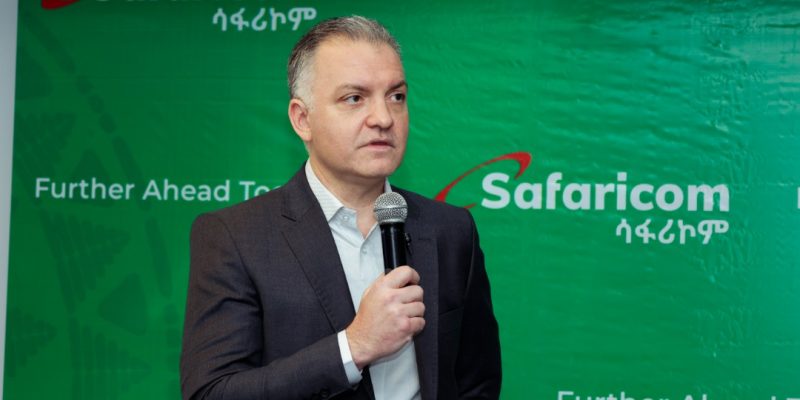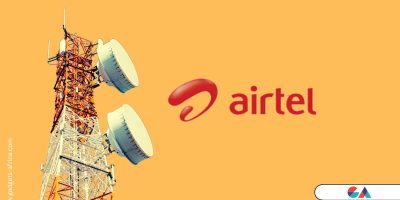In 2021, Safaricom was awarded a license to expand its telecommunication services to Ethiopia. In July, Safaricom Telecommunications Ethiopia Plc was registered. Now, the company is preparing to roll out its mobile money service, M-PESA, in the nation.
The Horn of Africa country requires that the company pays $150 million (KSh18.9 billion) as license fees to roll out M-Pesa.
“A foreign national applicant shall present evidence for the payment of $150 million or equivalent in another foreign currency for investment protection fee.” A draft published by the National Bank of Ethiopia.
Further, Safaricom is to pay 50 million birrs (KSh117.81 million) in cash as paid-up capital. Among other requirements will be
- Central bank approval of key product executives
- Five-year business plan
- Geographical rollout schedule and policies around the security of M-PESA
As reported by The East African, The National Bank of Ethiopia is proposing an aggregate daily transaction limit of 20,000 birrs (KSh46,900) and 300,000 birrs (KES703,600) for accounts classified as level one and level two respectively. How the classification will be done in M-PESA, is not yet clear.
Safaricom Ethiopia Market
Safaricom will introduce M-PESA into a market of 110 million people with a great niche. The growth potential is huge here, considering their robust infrastructure. MPESA services are not just available on sim cards, eSims, my Safaricom app, and M-PESA super App. They are also available in feature phones and through USSD codes.
Furthermore, several utilities and bank services are easily accessible to all M-PESA users.
Ethio Telecom, a monopoly in that market, is the only other which is operating a mobile financial service. Telebirr by Ethio telecom allows cashless transactions in a country with no bank-to-bank transfers.
As of February 2023, Safaricom Telecommunications Ethiopia PLC had penetrated around 10% of the population. This translates to over 11 million people, had 847 network sites in 25 cities, had onboarded 28,000 retailers, 103 distributor shops, and 5,000 acquisition agents.
The company had also crossed the 2 million mark in customer gross adds. Additionally, voice and data usage had averaged 64 minutes and 1.9 GB respectively per customer in a month.





Comments